i-Ready vs Monster Math: Which One’s Right for Your Child?
TL;DR: i‑Ready is a comprehensive, adaptive learning platform primarily used in schools. It offers diagnostic assessments and personalized instruction in K–8 math and reading (with some use in higher grades). It’s best for students who benefit from structured, standards-aligned lessons and detailed progress tracking and is only available as a school-program.
Monster Math focuses on building strong math fact fluency for Grades K–3 through fun, game-based learning. It’s a great fit for younger kids who need foundational skills in a low-pressure, engaging environment - especially those with ADHD, autism, or math anxiety. It is available for schools as well as for home usage.
When choosing between educational math platforms, parents often find themselves comparing school-adopted programs like i-Ready with specialized apps like Monster Math. While both aim to improve math skills, they take vastly different approaches to learning and serve different needs.
Overview
i-Ready Overview
i-Ready is a learning platform that helps teachers figure out exactly where each student is in math and reading, then creates personalized lessons to help them grow. Students in grades K-8 typically take diagnostic tests on the computer three times during the school year - fall, winter, and spring - so teachers and parents can track progress over time.
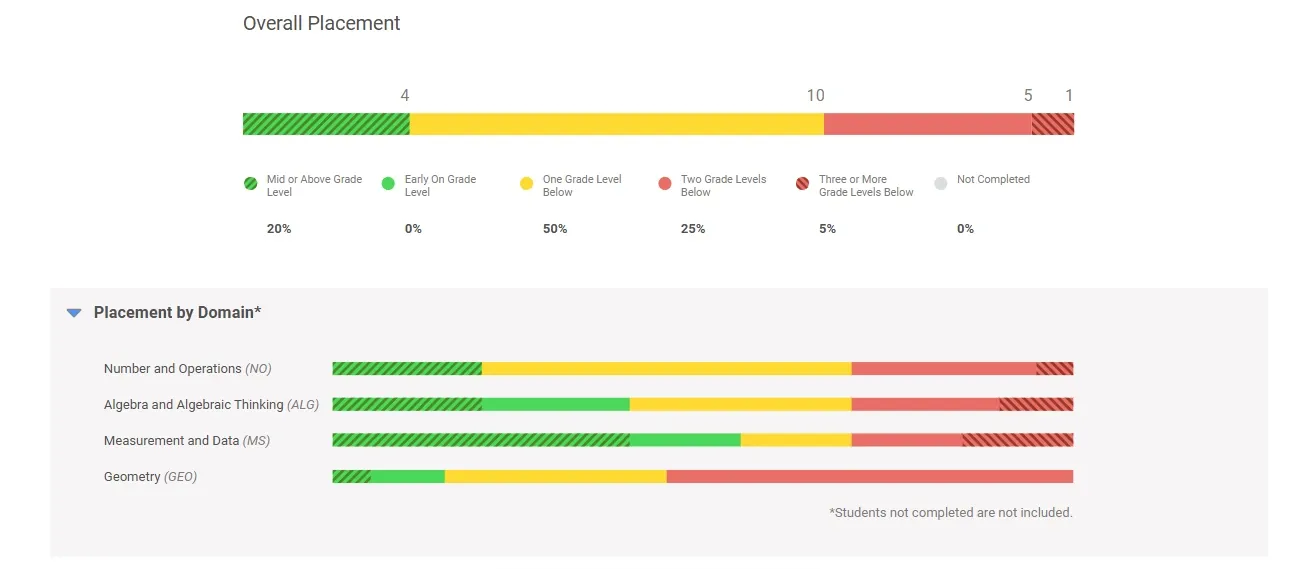
The platform covers math from kindergarten all the way up to Algebra 1, with lots of interactive features and real-world examples to keep kids engaged. It's designed to meet Common Core standards, so what kids learn aligns with what they're expected to know at each grade level.
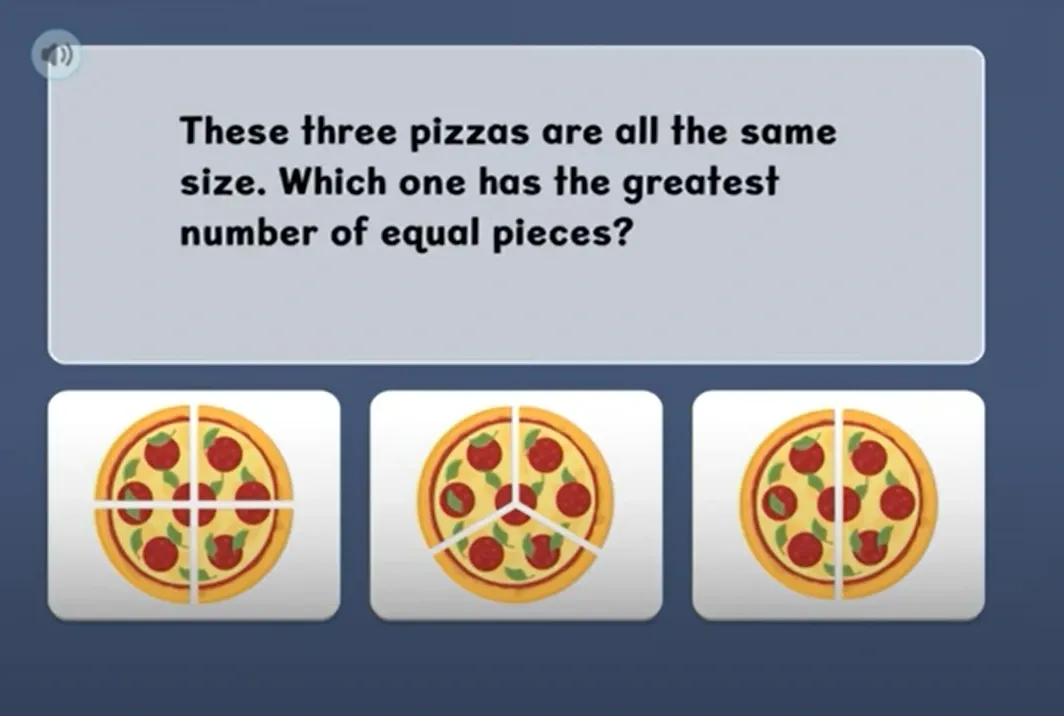
Monster Math Overview
Monster Math is a specialized math app designed specifically for kids aged 5-9 (grades K-3). Instead of rote memorization only, Monster Math focuses on using visual cues to help kids understand how operations work, learn basic and advanced fact strategies, and in general get very flexible with numbers. The app uses puzzle-style gameplay to make math learning feel like playing a game rather than doing worksheets.
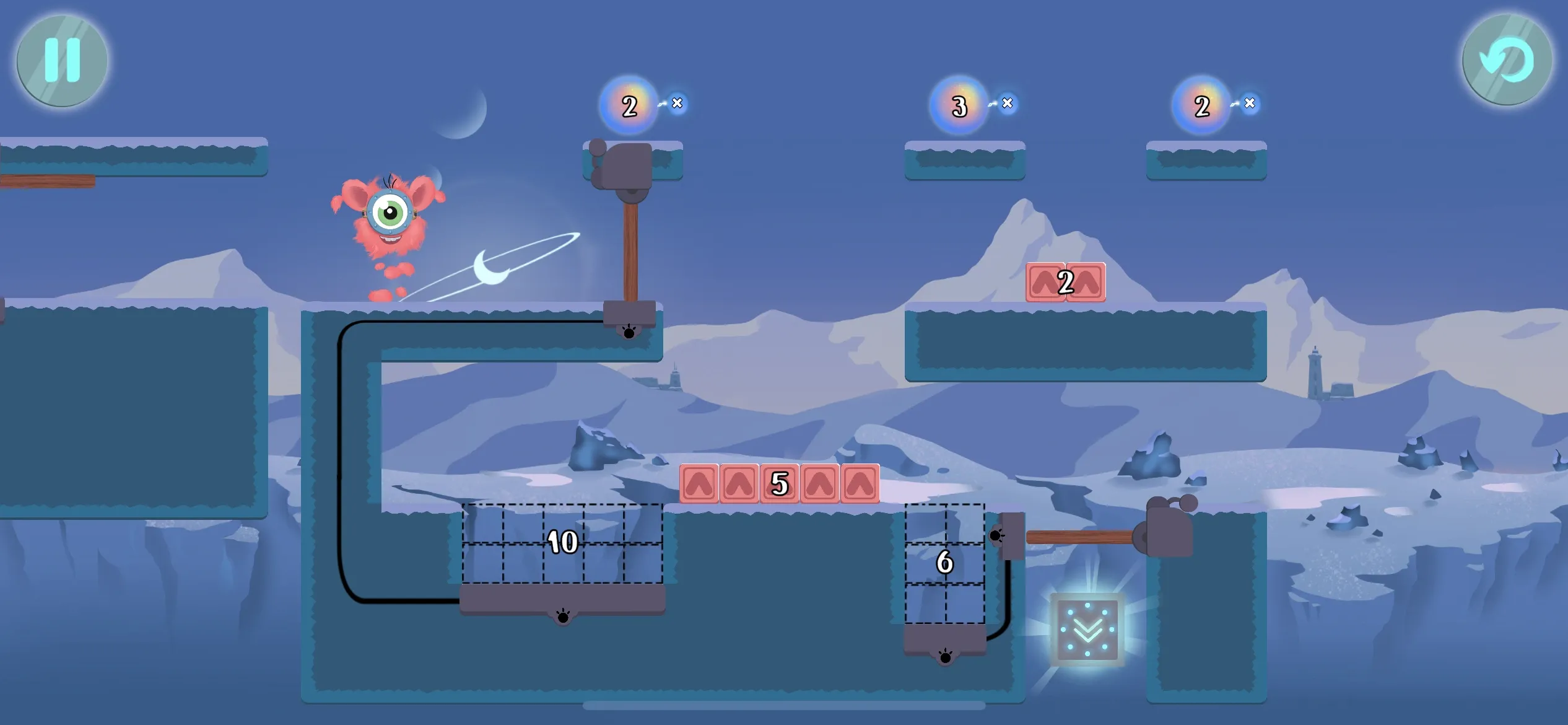
Key Features Comparison
1. Learning Approach
i-Ready: i-Ready starts by giving students a diagnostic test to see what they already know and what they need to work on. Think of it like a personalized roadmap - the app figures out where your child is and creates lessons just for them. It covers all the math topics a child should know at their grade level, from basic counting to algebra.

Monster Math: Monster Math embeds learning directly into gameplay mechanics. Rather than separate lessons and practice, kids learn math concepts through visual, interactive puzzles which are woven into a storyline. The app focuses on building math fact fluency through strategy-based instruction, helping children understand how math operations work rather than just memorizing answers.
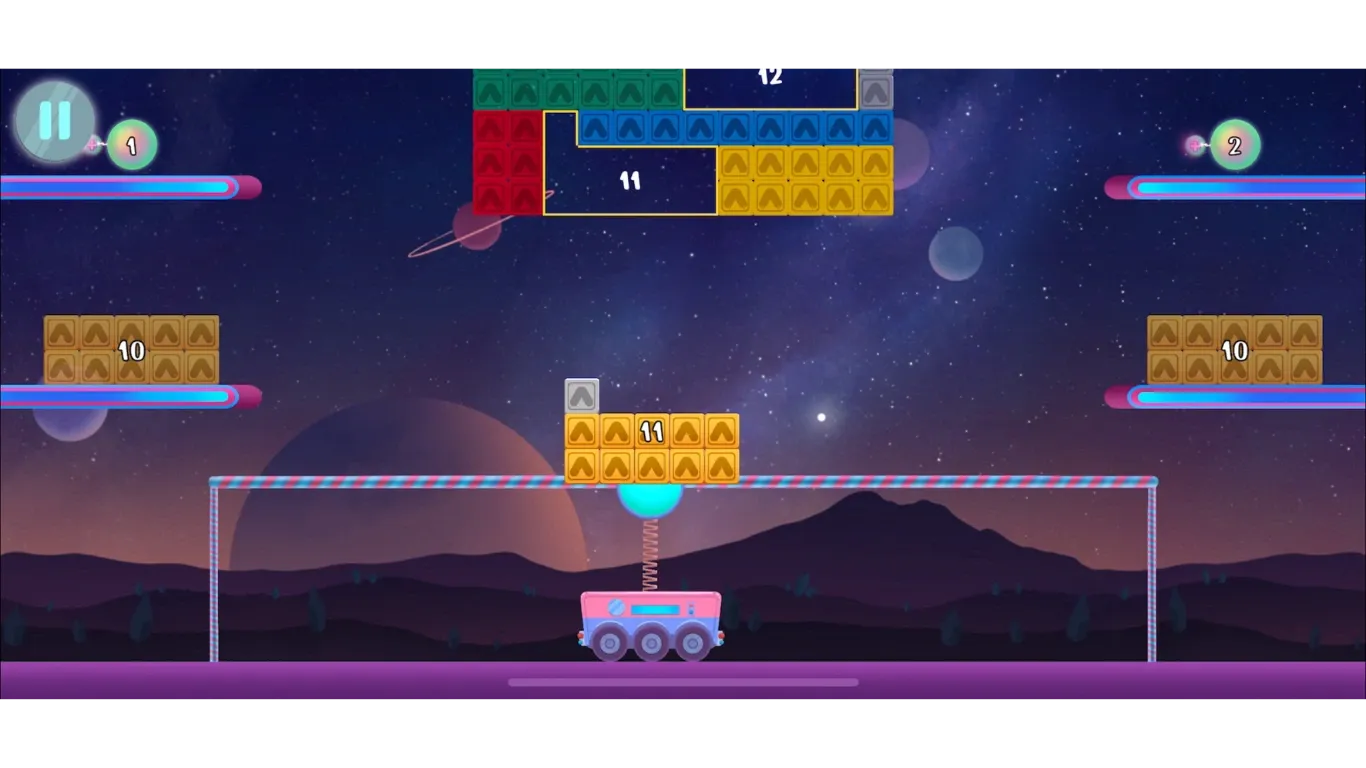
2. Game Mechanics and Engagement
i-Ready: i-Ready combines structured learning with motivational elements to keep students engaged. Students earn coins for completing lessons, which they can use to customize their dashboard with different themes (like space, animals, or cars) and unlock mini-games.
However, the core learning happens through structured lessons that feel pretty similar to digital worksheets. Math concepts are taught through step-by-step instruction with visual aids and practice problems, but it's not as deeply integrated into gameplay as some other apps. The games are more like rewards you get after doing the "real" learning work.
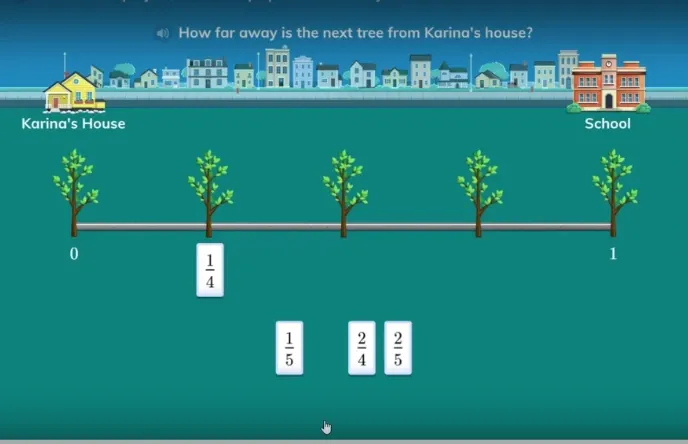
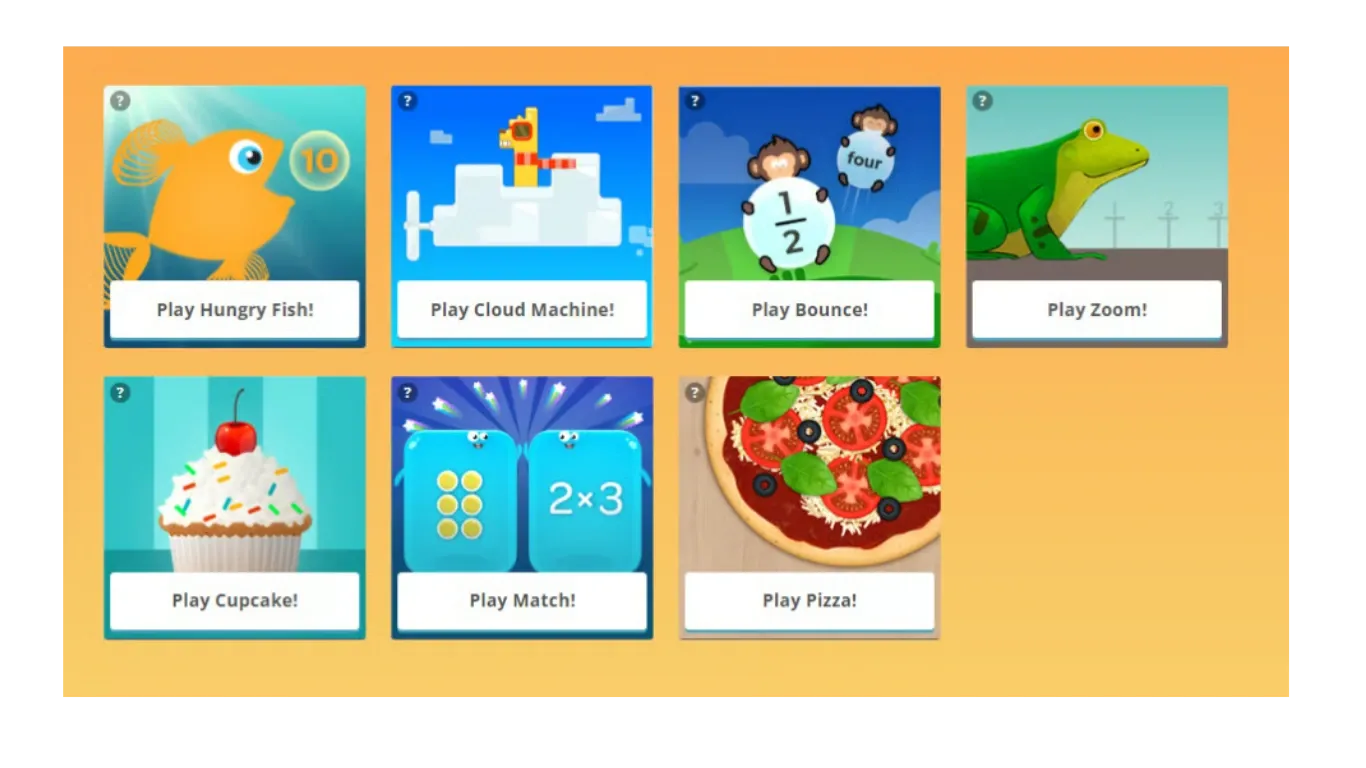
Monster Math: Monster Math turns math practice into an actual adventure game. Kids solve puzzles to help their character move through different worlds, and the math happens naturally as part of the gameplay - not as separate worksheets or drills.
What makes this special is that children can actually see how math works through visual puzzles. Instead of just memorizing facts, they learn strategies and develop number sense while having fun. The game includes storylines, characters, and rewards that keep kids engaged, but the math learning is woven right into the action rather than being a separate activity.
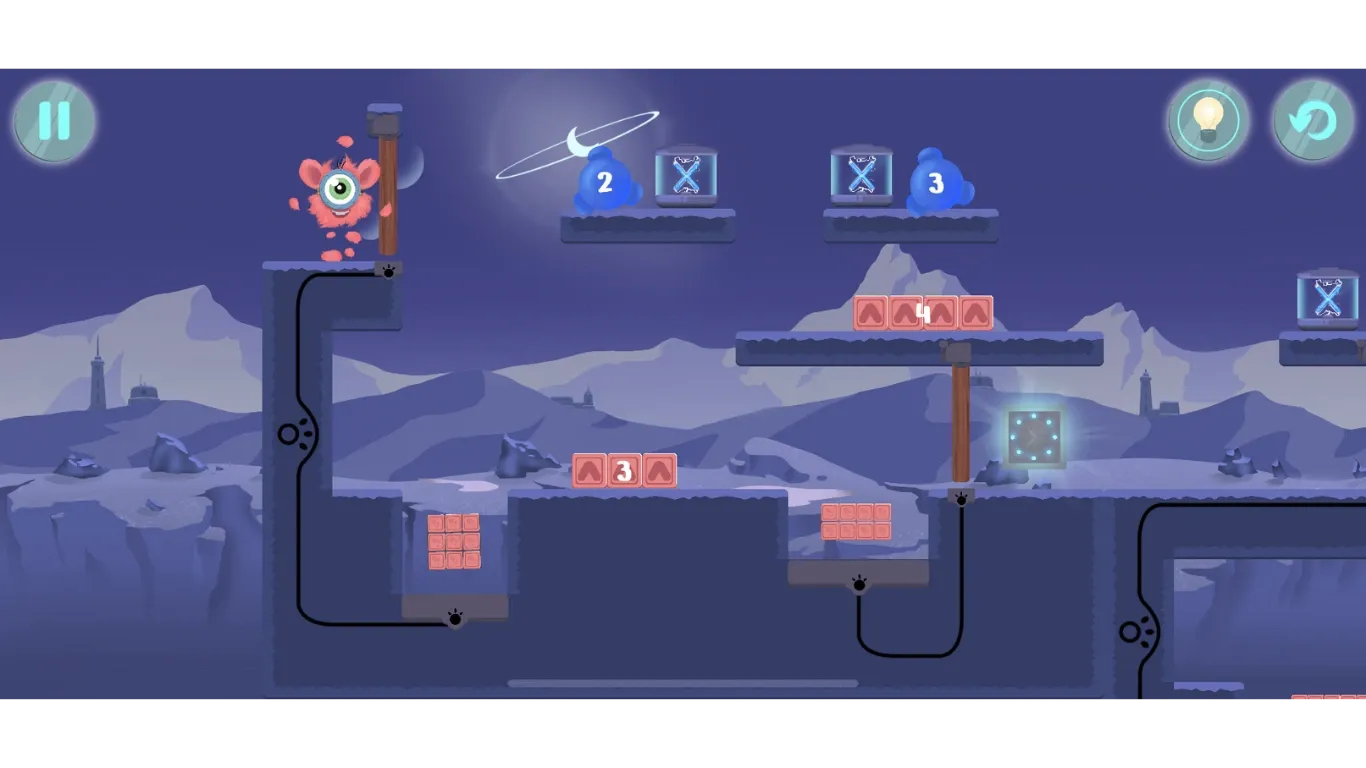
3. Grade Levels and Curriculum Coverage
i-Ready: i-Ready covers grades K-8 with math content extending through Algebra 1, making it comprehensive for elementary and middle school students plus some high school math. The platform includes both math and ELA (English Language Arts) curricula, so it's not just math - your child gets reading and language arts instruction too. This makes it great for keeping up with school expectations across core subjects.
Monster Math: Monster Math is specifically designed for younger students (grades K-3) and focuses exclusively on foundational math skills. It covers addition, subtraction, and multiplication with an emphasis on number sense and math fact fluency. While the coverage is narrower, it goes much deeper into these foundational concepts.
4. Assessment and Progress Tracking
i‑Ready: i-Ready uses adaptive diagnostic tests three times a year for K-8 students, adjusting question difficulty based on real-time performance.
Teachers and parents get detailed reports highlighting student strengths, learning gaps, and growth over time. i‑Ready also suggests small-group instruction plans and targeted lessons based on results - making it a powerful tool for personalized learning. These insights help schools track progress at both the individual and classroom level, guiding instruction throughout the year.
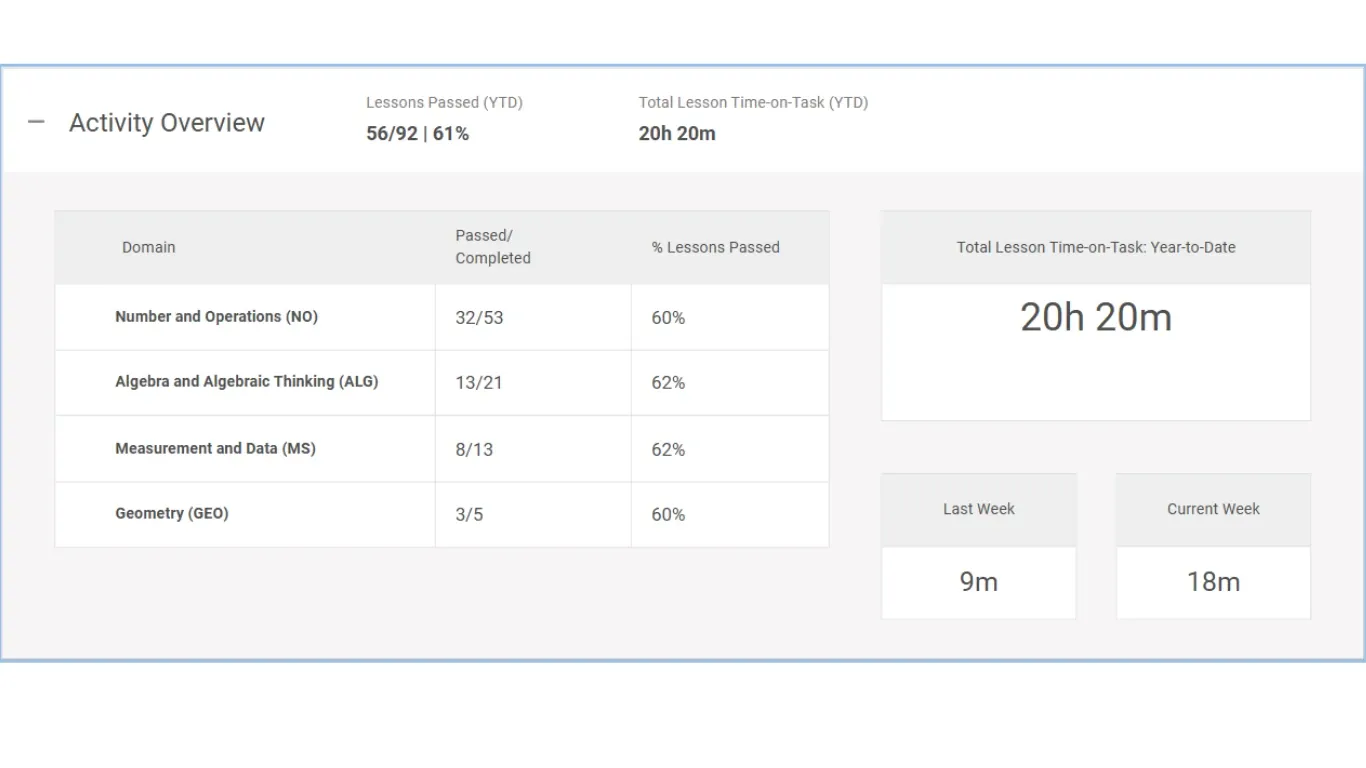
Monster Math: Monster Math offers visual progress tracking through in-game elements like streaks, badges, and level progression. While it doesn’t provide the detailed analytics of i‑Ready, it gives parents a simple way to monitor their child’s improvement in math fact fluency and skill mastery.
We're also working on adding more detailed progress reports for both parents and teachers soon.
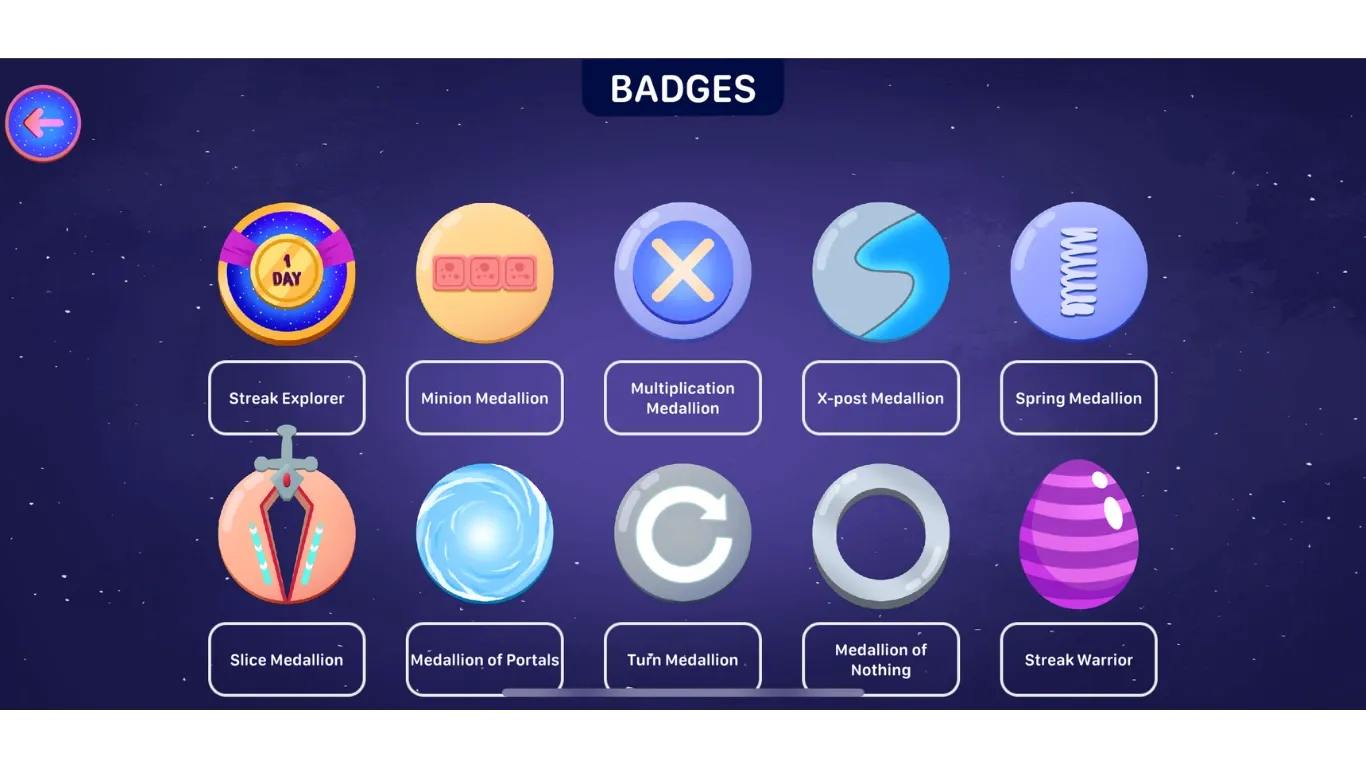
Pros and Cons
i-Ready Pros and Cons
Pros:
- Covers a wide range of grades (K-8) for both math and reading, making it a solid option for early learners all the way through middle school.
- The adaptive diagnostic adjusts based on how a child answers, helping pinpoint what they’ve mastered and what they still need support with.
- Offers detailed reports that give both parents and teachers a clear picture of progress, strengths, and areas to focus on.
- Because it’s widely used in schools, kids often get consistent practice at home and in class, which helps reinforce skills.
- It’s fully standards-aligned, so the content matches what students are expected to learn at their grade level.
Cons:
- It can feel like doing digital worksheets, which may not be the most exciting experience - especially for kids who struggle with traditional approaches.
- There’s limited gamification, so it may not be as motivating for kids who learn best through play.
- It’s designed mainly for school use, so it might feel overly structured or formal for independent learning at home.
- While it covers a lot, it sometimes focuses more on coverage than deep understanding.
- The assessment-heavy format can feel stressful or discouraging for some students.
Monster Math Pros and Cons
Pros:
- It feels like a real game. Kids go on fun adventures, solve puzzles, and use math to move forward. It doesn’t feel like regular math practice - and that’s what makes it work.
- It’s great for building real understanding, not just memorizing facts. The focus is on helping kids see how math works. That way, they build a strong foundation - which becomes the base for all the math they’ll learn later on
- Designed with neurodivergent kids in mind - no timers, no pressure. Just calm, engaging gameplay that supports kids with ADHD, autism, or math anxiety.

- It’s super visual and intuitive, which is great for kids who struggle with traditional methods or get overwhelmed by numbers.
- Most importantly? It builds confidence. Kids start believing they can do math - and that’s half the battle.
Cons:
- Monster Math is made for younger kids, so it only covers grades K–3. If your child is in upper elementary or beyond, it won’t have the content they need.
- It sticks to basic operations - addition, subtraction, and multiplication. It doesn’t include topics like fractions, geometry, or word problems.
- The progress tracking is limited. You won’t get detailed insights or analytics - just simple in-game indicators like levels, streaks and badges. However, we are working on more detailed reporting in Monster Math as well.
- It’s not structured like a traditional lesson. If your child needs a step-by-step, school-style format, this may not be the right fit.
Conclusion: Which one to choose for your child?
Choose i‑Ready if:
- Your child is in Grade 4 or above
- You want something that closely follows school standards
- You prefer detailed progress reports and assessments
- Your child does well with structured, traditional learning
- You need a platform that covers both math and reading
Choose Monster Math if:
- Your child is in Grades K-3 and needs to build strong math basics
- Traditional math feels boring or stressful
- Your child has ADHD, autism, or math anxiety and benefits from a more relaxed, game-based approach
- You want to build math fact fluency and number sense through play
Or use both if:
- Your child is in early grades and needs i‑Ready for school + Monster Math to make practice more fun at home
Ready to try Monster Math?
Monster Math has a free version with daily play limits, plus a 7-day free trial if you want to explore the full experience. It’s a great way to see if game-based learning works for your child - no commitment needed!
FAQs
Can I use both Monster Math and i-Ready together?
Yes! Many families use Monster Math for fun, daily math fluency practice and i‑Ready for school-assigned lessons or structured assessments. They complement each other well, especially in early grades.
Is i‑Ready available for home use without a school account?
Not really - i‑Ready is designed for school use and requires a district or teacher license. It’s not available for individual families to purchase directly. That said, students can access it at home if their school gives them login credentials, but you’ll need to check with your child’s school about availability.
Which math app is better for kids with ADHD or learning differences?
Monster Math is often a better fit for kids with ADHD, autism, or other learning differences. It’s designed to be neuroinclusive - no timers, no pressure, and highly visual gameplay that keeps kids engaged without overwhelming them.
i‑Ready can be helpful in structured school settings, but its worksheet-like format and heavy focus on assessment may feel stressful or repetitive for some neurodivergent learners.
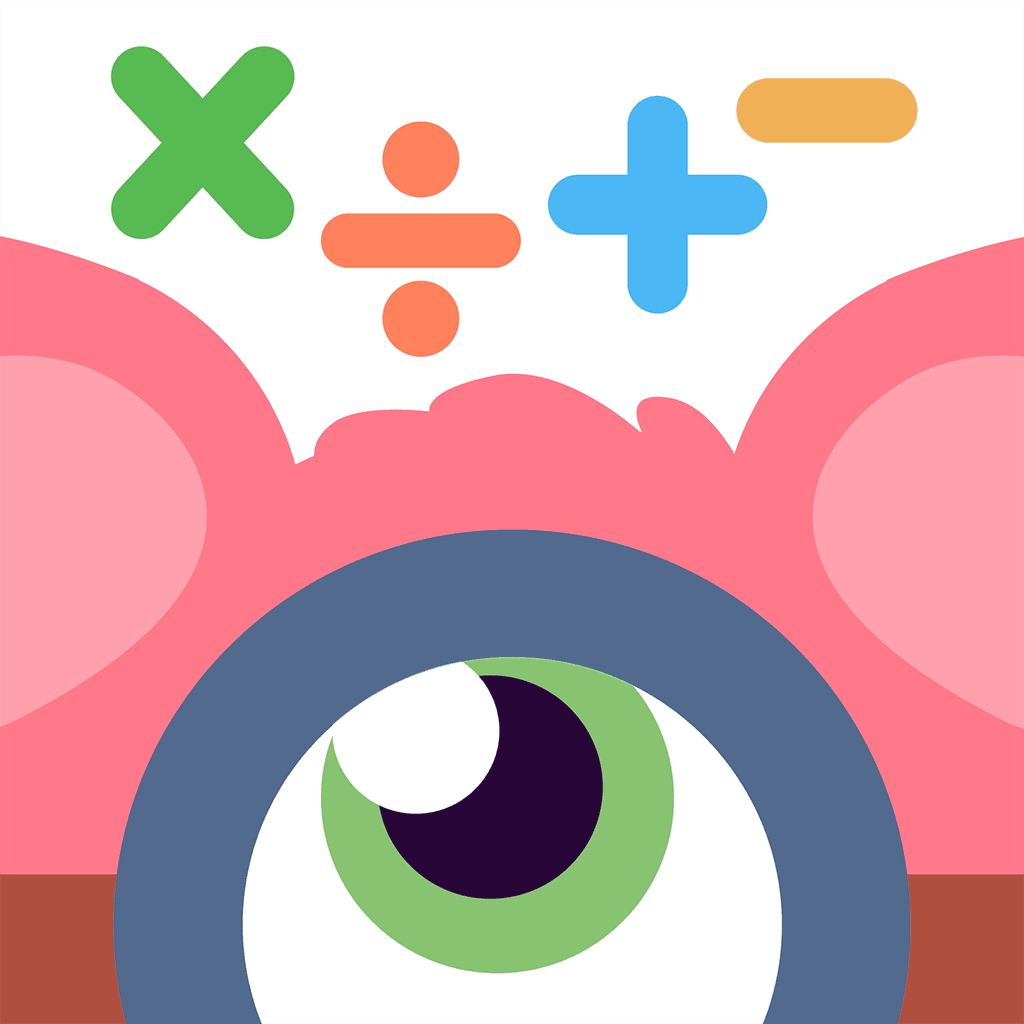
Comments
Your comment has been submitted